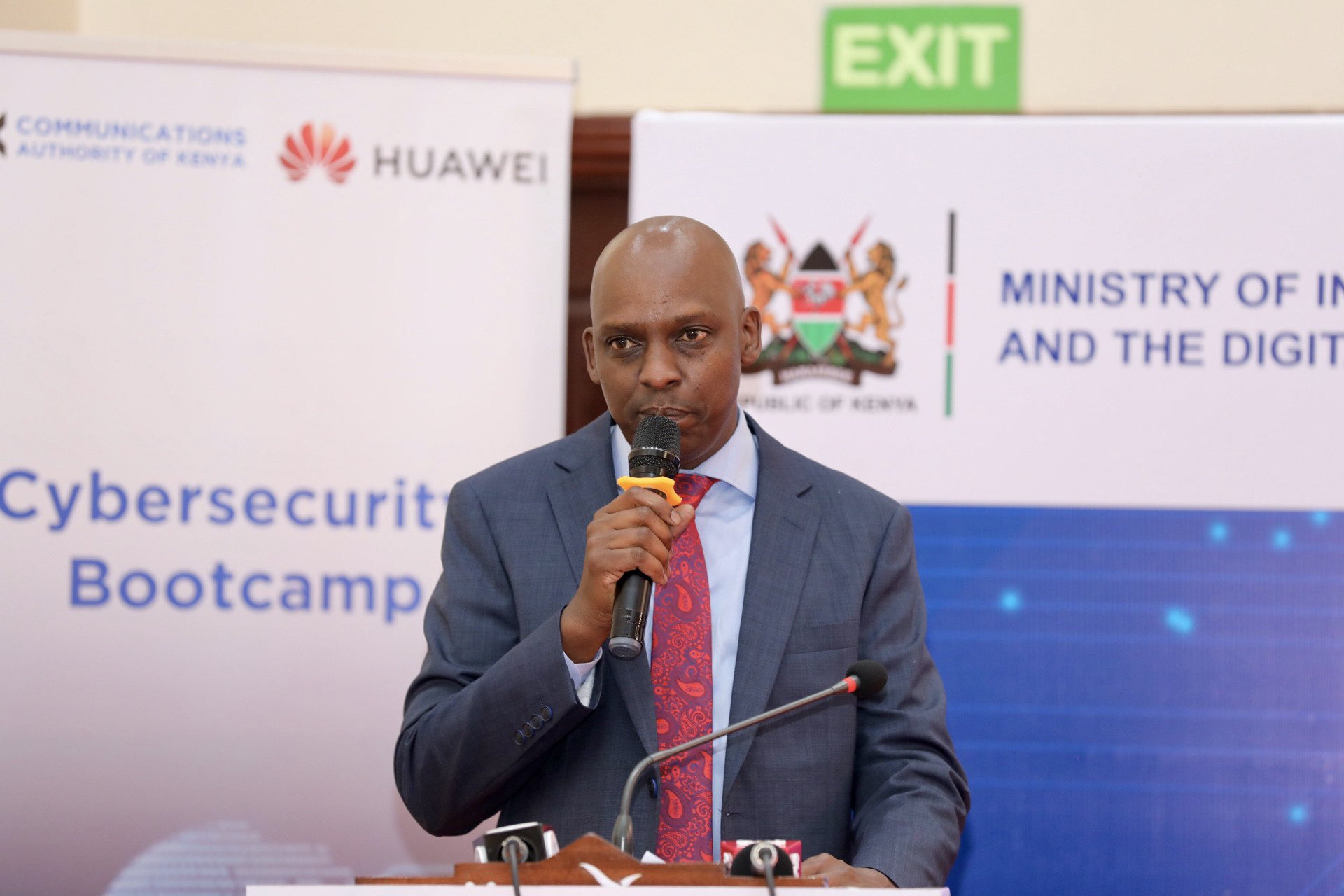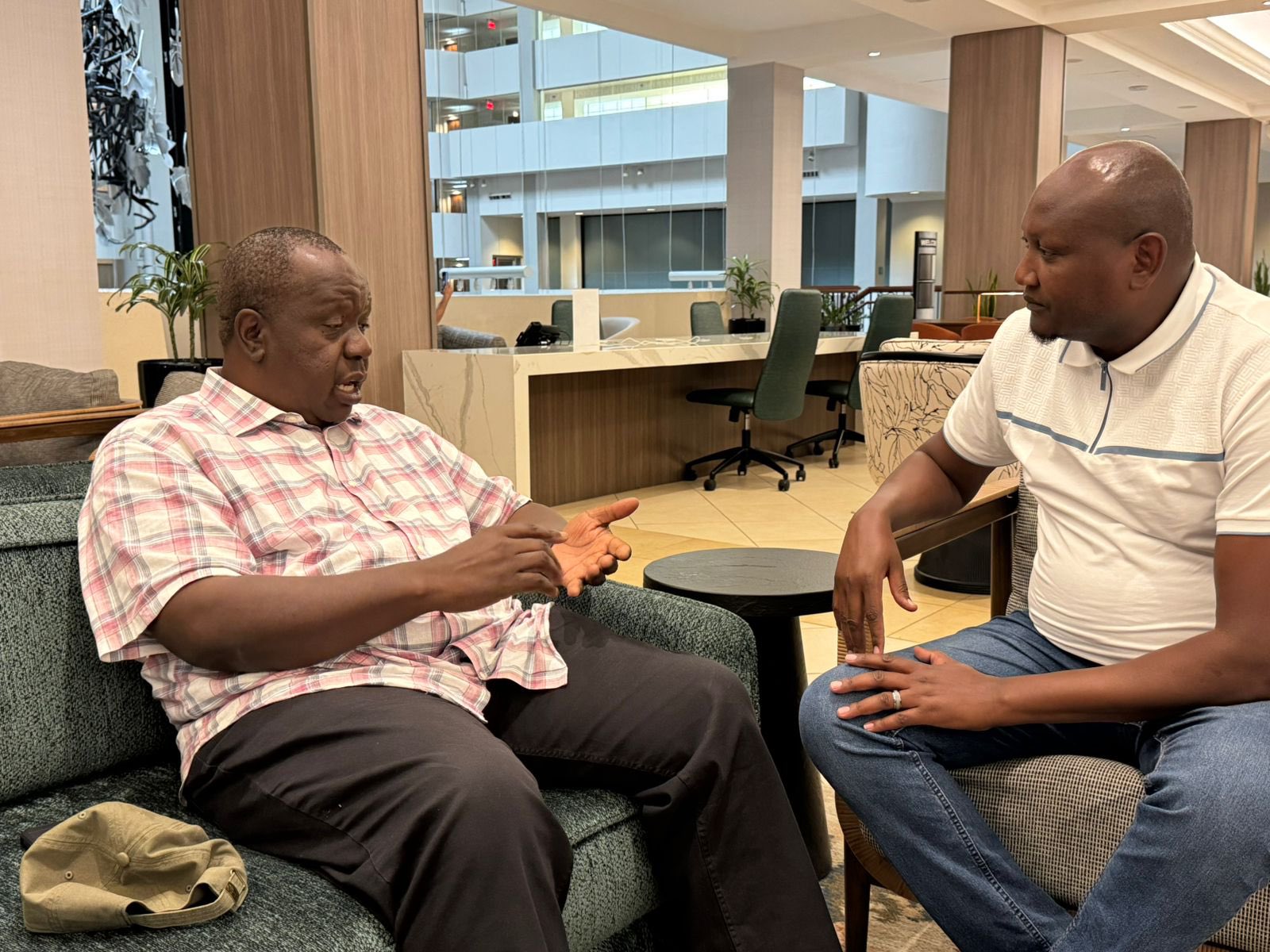By TWV Team
In a landmark ruling for press freedom, the Law Society of Kenya (LSK) yesterday evening secured court orders suspending a directive issued by the Communications Authority of Kenya (CA) that sought to block live media coverage of the ongoing Generation Z protests. The orders, issued by the High Court, signalled a major legal blow to the government’s attempts to control information flow during a period of national unrest.
The CA’s directive, issued earlier in the day, ordered broadcasters to cease all live coverage of the demonstrations, claiming that such broadcasts violated Articles 33(2) and 34(1) of the Constitution and Section 461 of the Kenya Information and Communications Act. Major stations, including NTV, KTN, and K24, were abruptly taken off air, triggering widespread public outrage.
In response, the LSK swiftly challenged the directive in court, arguing that it constituted an unlawful and unconstitutional violation of media freedom and the public’s right to information. The High Court agreed, issuing temporary orders stopping the enforcement of the directive pending a full hearing.
Legal and media stakeholders, including the LSK and MCK, accused the Communications Authority of exceeding its legal mandate. “This directive is not only unconstitutional, it’s contemptuous of existing court rulings,” said LSK President Faith Odhiambo. She cited a 2024 High Court judgement that ruled only the Media Council of Kenya (MCK) has the constitutional authority to regulate media content, declaring the CA’s Broadcast Code null and void.
A coalition of civil society organisations, including the MCK, Kenya Editors Guild (KEG), Africa Uncensored, Kenya Medical Association (KMA), and others, sharply rebuked the directive as a state-led assault on constitutional freedoms.
“This is an unacceptable attempt to silence the media and suppress public accountability,” said MCK Chief Executive Officer David Omwoyo, who also urged journalists to uphold ethical standards while maintaining that editorial independence must remain sacrosanct.
The Kenya Editors Guild dismissed the CA’s interpretation of the Constitution as “legally unsound and politically motivated,” describing the directive as “a return to prior restraint under the false guise of regulation.”
The Kenya Media Sector Working Group echoed these sentiments, warning that such interference undermines the media’s watchdog role. “Live broadcasts offer transparency, deter police brutality, and prevent misinformation,” the group stated.
Grassroots movements and other rights organisations, including the Police Reforms Working Group, condemned the directive as dangerous overreach, warning that an information vacuum could further inflame public tensions.
Former Chief Justice Dr Willy Mutunga termed the CA’s actions “a fascist misreading of the Constitution,” questioning both the legal basis and the apparent disregard for Article 37, which protects peaceful assembly.
Senior Counsel Paul Muite reinforced that position: “Peaceful protest is not chaos, and broadcasting such events does not equate to incitement, it’s part of a functioning democracy.” Concerns have also emerged over a potential internet shutdown, which critics warn would contravene a 2023 court ruling in Kenya Editors Guild & Others v. Communications Authority of Kenya. That judgement prohibited state interference with internet access, citing the critical role of digital connectivity in safeguarding constitutional rights.
Despite the court’s intervention, the Communications Authority has not rescinded its directive or issued a public response. Meanwhile, media houses continue to navigate uncertain terrain, with many seeing the CA’s move as part of a broader strategy to clamp down on independent journalism in Kenya.
As legal battles intensify, this episode tests Kenya’s commitment to constitutionalism, transparency, and press freedom.





